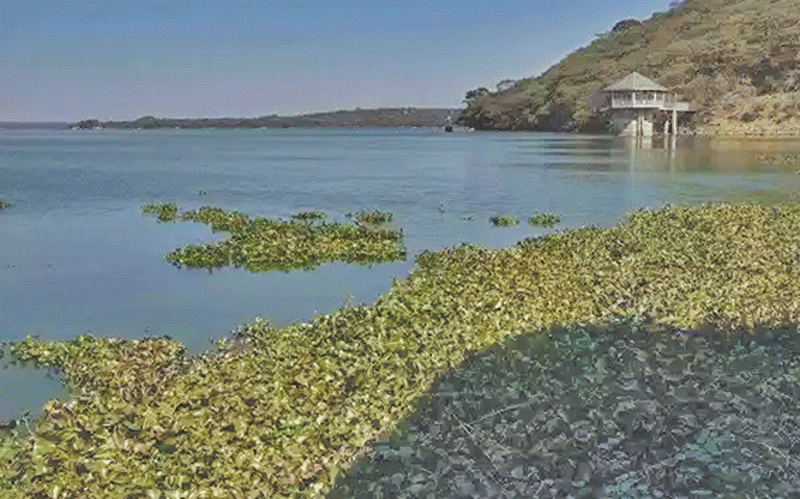
THE Food and Agriculture Organisation (FAO) has called for the expansion of aquaculture practices in response to the increasing fishing pressure on Lake Kariba.
The initiative aims to address the declining fish stocks and ensure sustainable fishing practices in one of Africa’s largest man-made lakes.
Speaking during a workshop on Blue Economy Strategy under the PROFISHBLUE Project in Siavonga, Zambia, director of the department of fisheries and aquaculture resources production in the Lands, Agriculture, Fisheries, Water and Rural Development ministry, Milton Makumbe, said there is need to relieve pressure on fishing in Lake Kariba.
“There is a need to reduce pressure on wildlife fishing and introduce aquaculture in communities where we live,” he said.
“We share the same lake, so the policies implemented in Zimbabwe should also be adopted in Zambia.”
Over the years, Lake Kariba has faced significant challenges due to overfishing and environmental changes, leading to a concerning decline in fish populations.
Reports indicate that approximately 80% of fishermen in the region have noted a decrease in their catches, raising alarms about the sustainability of traditional fishing methods.
Aquaculture, or fish farming, presents an opportunity to supplement wild fish stocks while providing a consistent source of protein for local communities.
- Global agency downgrades Zimbabwe’s growth projections
- Sudan Darfur crisis: ICC to try war crimes suspect
- Zim to get Malawi maize this monthend
- Global agency downgrades Zimbabwe’s growth projections
Keep Reading
FAO’s approach involves engaging local communities in the development of aquaculture, ensuring that the benefits are widely shared.
By providing training and resources, FAO aims to empower small-scale fish farmers to adopt sustainable practices that can enhance productivity while preserving the lake’s biodiversity.
The workshop focused on developing a comprehensive Blue Economy Strategy and Investment Plan for Lake Kariba, a vital source shared by both Zimbabwe and Zambia.










